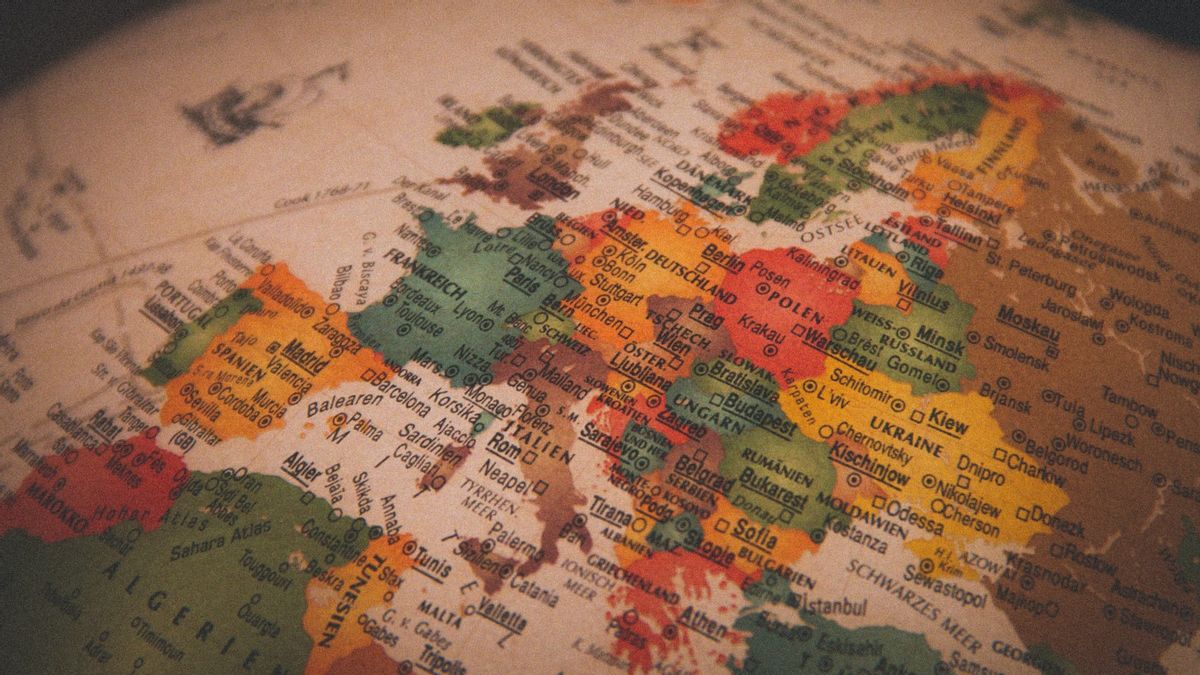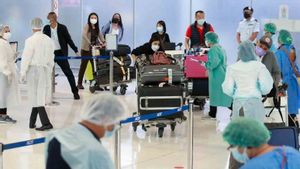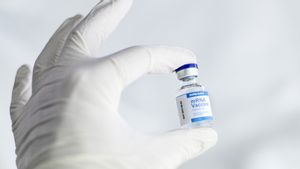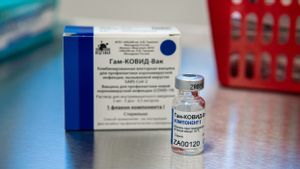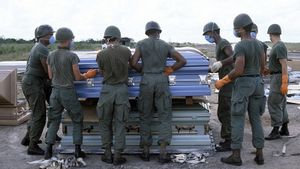JAKARTA - The World Health Organization (WHO) classifies the variant B.1.1529 detected in South Africa as a "variant of concern" for SARS-CoV-2. The transmission speed is doubled compared to the Delta variant.
Preliminary evidence suggests there is an increased risk of reinfection and there is an "adverse change in the epidemiology of COVID-19," the WHO said in a statement after a closed-door meeting of independent experts who reviewed the data.
Infections in South Africa have risen sharply in recent weeks, coinciding with the detection of the variant now designated as Omicron, the WHO said.
This variant of the new coronavirus is suspected to be the cause of the skyrocketing COVID-19 cases in South Africa this month. Virus mutations are natural. It is true. So what makes this mutation so shocking?
This variant is allegedly mutated quite drastically than other variants, including the Delta. Nature said the new variant of the coronavirus was first identified in Botswana this month. Variants of the virus have even arrived in Hong Kong, brought by travelers from South Africa.
Now scientists are racing against time to try to understand the properties of the new variant of the coronavirus. Such as how much it can evade the immune response the vaccine has shaped and how severe the impact of the infection is.
There are currently at least 77 fully confirmed cases in South Africa's Gauteng province, four in Botswana and one in Hong Kong (directly linked to travel from South Africa). However, there are hints that the variant has spread more widely.
Seeing the increase in cases in South Africa even made the British Government rushed to take a travel restriction policy. The UK announced it is temporarily banning flights from South Africa, Namibia, Botswana, Zimbabwe, Lesotho, and Eswatini from 1200 GMT on Friday, with UK travelers returning from those destinations to be quarantined.
SEE ALSO:
Starting to emerge in Europe
Continental Europe began to install strategies to deal with this variant. It's too late though. Because several cases have confirmed that it is an Omicron variant. So which countries have declared the inclusion of variant B.1.1.529? These data are taken from The Guardian.
Dutch
As Omicron began to rise, 61 travelers from South Africa who arrived in the Netherlands tested positive for Covid. Authorities are conducting further testing to see if there is an infection with the newly discovered variant of the Omicron coronavirus.
German
A German state minister has warned that the Omicron variant "is very likely to have arrived" in Germany. A typical mutation of the variant was detected in a traveler returning from South Africa.
"Last night several typical Omicron mutations were discovered in a traveler returning from South Africa," tweeted Kai Klose, minister of state for social affairs and integration in the western German state of Hesse.
It's not confirmed yet. But health authorities have a "high level of suspicion" that the person has contracted the variant. The traveler has been isolated at home.
Czech Republic
Authorities in the Czech Republic report that the first suspected case of the Omicron variant has been identified in a passenger arriving from Africa.
The prime minister, Andrej Babi, said the suspected infected person was a woman who lived in Namibia, and then flew home via South Africa and Dubai.
England
Two cases of the Omicron coronavirus variant have been detected in the UK, the health secretary said. Sajid Javid said the two people are now self-isolating and the cases are connected. He added there would be targeted testing in areas where cases were found - in Chelmsford and Nottingham.
The English, Chinese, Japanese, Arabic, and French versions are automatically generated by the AI. So there may still be inaccuracies in translating, please always see Indonesian as our main language. (system supported by DigitalSiber.id)
